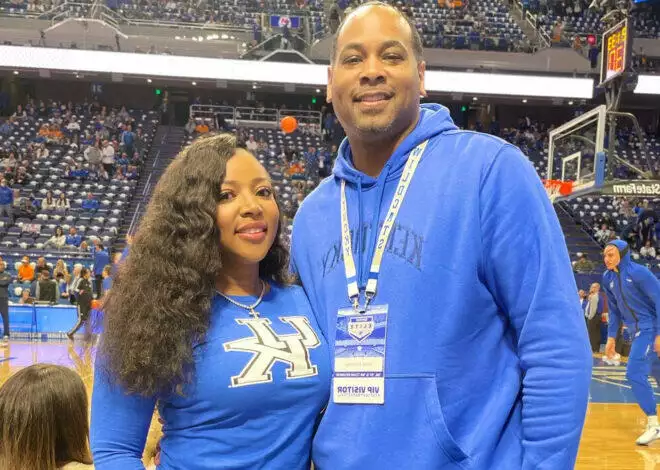A revocable living trust is a document that an individual or a couple creates that designates the management and beneficiaries of assets. The document is similar to a will in that it is revocable, meaning that the parties creating it can modify or nullify it at any time. The parties creating the trust must give detailed instructions for the overseeing and distribution of all assets, including cash, property, insurance benefits, valuables, investments and other accounts.
Features
The central feature of a revocable living trust is the appointment of a trustee. This trustee must have explicit written instructions on how to handle various assets. A typical revocable living trust transfers all property to the trustee, who then manages and distributes the assets per the instructions.
Benefits
For generations, people have used a will to allocate assets after death. However, many state laws require that the will be authenticated through a court procedure, known as probate, in order for assets to be distributed. In most situations, a revocable living trust prevents survivors from having to go through probate and the associated court expenses and time commitment it entails. However, if the parties creating the trust do not transfer the assets to the trustee before they die, the survivors must still go through probate. The trustee should have separate documents recording trust assets to help avoid probate.
Considerations
There are two key steps for establishing a revocable living trust. The parties must first sign a declaration or a written agreement with their intent to form the trust. Then, they must legally transfer all assets to the trustee. This requires renaming accounts, deeds, stock transfers and other documents in the name of the trust.
Misconceptions
Some people assume that only wealthy people need a revocable living trust. The fact is, even low-income people without many assets should set up one. That way, survivors do not need to pay the court costs, executor fees, probate fees and lawyer bills that accompany probate. The proceeds of life insurance benefits, retirement accounts and saving accounts can all go straight to the designated beneficiaries. Real estate is another asset that almost always goes through probate unless it is designated as an asset in a revocable living trust or is owned as a joint tenancy with the right of survivorship.
Expert Insight
Financial expert and author Suze Orman describes a revocable living trust as “the main document that everybody needs.” She makes the process of creating a revocable living trust easy with her interactive Protection Portfolio (see “Additional Resources,” below). The portfolio contains a CD-ROM with templates for a revocable living trust as well as a will, financial power of attorney and an advanced directive and durable power of attorney for health care.





